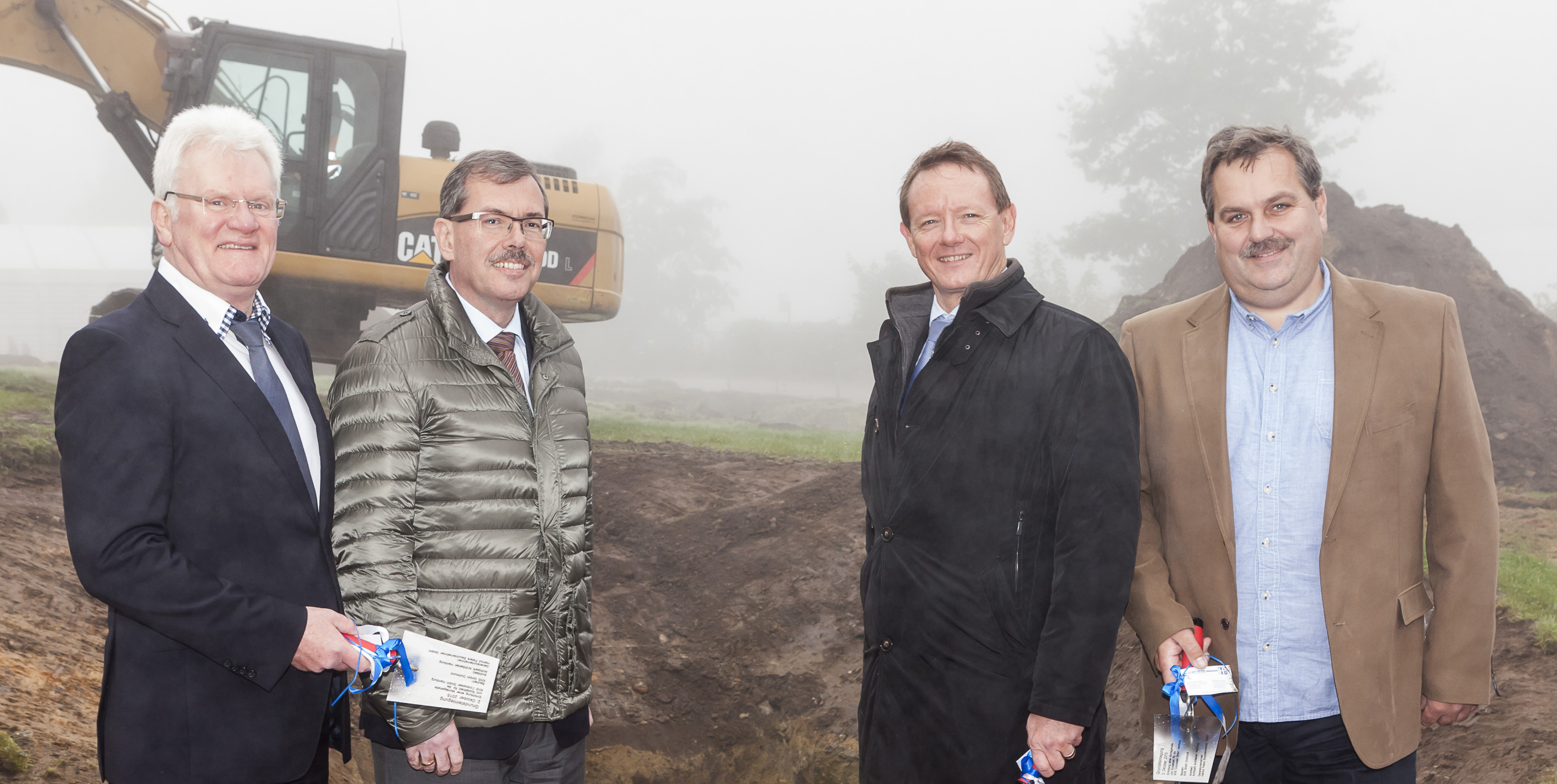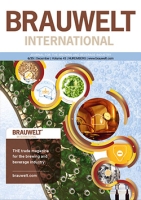The term Industry 4.0 is currently on everyone’s lips. The concept behind this idea is to design intelligent production systems and, with the help of networking with the Internet, facilitate flexible and efficient production. The paradigms from Industry 4.0 have found their way into beverage production and filling equipment.
International corporations are frequently not only characterized by their size, but by their complexity. Spread over multiple culturally and economically diverse countries, with production plants which have grown heterogeneously over time, beverage manufacturers often face unequal levels of performance and unequal degrees of automation. To achieve global harmonization, corporate standards are rolled out step by step.
The inspection quality of empty bottle inspectors has become considerably more differentiated in terms of recognition accuracy in recent years, thanks to new computer/camera technology and more powerful software. The reliability of test results is, however, dependent not only on inspection accuracy. More to the point, proper functioning of the various inspection units has to be assured. Without self-monitoring of the test procedure, there is no ultimate safety. Shortcomings associated with self- monitoring are still found in connection with optical inspection components. A newly developed monitoring procedure closes this safety gap.
The can is currently undergoing a clear growth on the European market and proving very popular among consumers, with beer and soft drinks in particular the canned beverages of choice. In the next few years leading beverage can manufacturers forecast a further growth in sales on the international markets. Reason enough, then, for brewery Pilsner Urquell to continue to market its world-famous specialty beer of the same name in cans and to invest in a new can filler.
Packaging diversity in the brewing and beverage industry has been on the increase for years. For example, whereas all German brewers filled more or less the same beer crates with identical Euro bottles in times past, one nowadays finds a colourful mix of bottle shapes and packaging types. In any event, this plus in versatility involves more changeovers, in particular more sorting and repacking costs, in a nutshell: machinery and equipment has to comply with more complex specifications. Nevertheless, packers and palletisers in the brewing and beverage industry must, at the same time, be reliable, effective and economical. This circumscribes an environment in which freely programmable and flexibly adaptable robot solutions score – especially when in gantry-frame design.
If a brewery wishes to fill typical reusable kegs and various disposable kegs, experience has shown that they will need substantial manpower or even different filling and cleaning systems in order to accomplish that. It will quickly become apparent that costs will skyrocket, not just for the machinery but also for the training and conversion effort. As a result, the work load strongly increases as well. Using the example of Kiuchi Brewery, Naka, Ibaraki, Japan, this article introduces a system that is able to simply and flexibly process various container types.
For several decades Boon Rawd Brewery in Thailand has relied on KHS as its partner for innovative filling and packaging technology. Only recently the company invested in no fewer than three water filling systems. One KHS PET line went to the bottling plant in Wang Noi in the center of Thailand, with a PET and a glass line being delivered to the Surat Thani site in the south of the country.
Groundbreaking ceremony for long-term corporate development: the KHS Group, a manufacturer of filling and packaging systems, began building a new production shop at its site in Hamburg, Germany, at the end of September 2015. With it Group companies KHS Corpoplast GmbH and KHS Plasmax GmbH will gain an extra 2,500 sqm.
KHS GmbH can look back on a very successful business year: in 2014 the manufacturer of filling and packaging systems for the beverage, food and non-food industries increased its sales by 5.8% to EUR 1.08 billion. This was chiefly thanks to the expansion of its service business which the company is continuing to build up this year. With many innovations KHS also cemented its position as one of the market and technology leaders in the last year.
The US market is currently growing due to the trend towards regional “craft breweries” and the increasing use of KEGs for soft drinks and wine. Fast delivery times are therefore becoming more and more important. To accommodate this, Schäfer has set up its own subsidiary in the USA, Schäfer Container Systems North America, Inc. (SCS NA) in March 2015.





